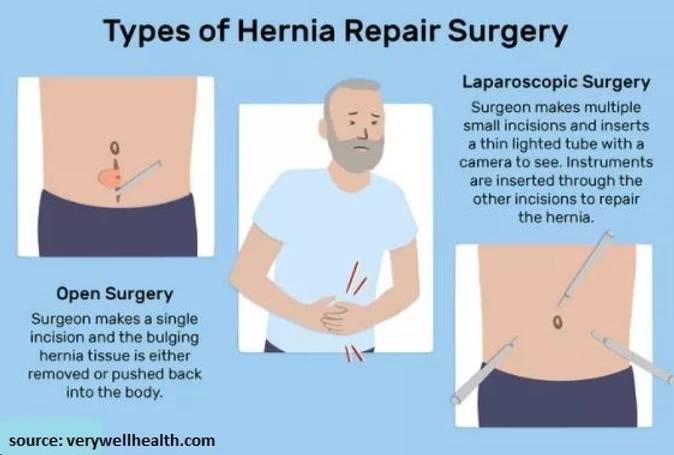
- 23/02/2021
- Dr. Samrat Jankar
- 0 Comments
- Blog
Why do we need Surgery for Hernia?
Hernia-What is it?
A hernia occurs when fatty tissue or organ pushes through a weak section in the nearby connective tissue or muscle wall. Hernias usually do not heal on their own.
They tend to become large. In some cases, they can lead to life-threatening situations. That is why doctors usually recommend surgery.
Yet, not all hernias require immediate surgery. It depends on the size and symptoms.
Why do I need Hernia Surgery?
A surgical hernia repair is pushing the bulge back inside your body part that should have it and hold it there. Your doctor will recommend surgery if any of the following happens:
Tissue (including the intestine) is trapped inside the abdominal wall. This is called incarceration. If it is left untreated, it may lead to strangulation. That occurs when the blood supply to the tissue gets cut.
If you have a strangulated hernia, it may cause permanent injury, so it needs immediate treatment. Strangulated organs which are usually your intestines, will die, and if not quickly removed, you can become seriously ill. Call your hernia specialist in Pune immediately if you get nausea or fever, sudden pain that worsens, or a hernia that turns red, purple, or dark.
The hernia causes pain, discomfort, or it is growing larger.
You can wait to get treatment if :
- Your hernia goes away when you lay down, or you can push it back inside your belly.
- It is tiny and has few or no signs (this may never need surgery).
- Contact your doctor. They will manage your hernia in your yearly physical tests and examinations. Almost all adults and children can go for hernia surgery.
If you are severely ill or weak, you can decide not to have the treatment. Your specialist helps you weigh the surgery’s benefits against your healing ability.
Now that you know when you need surgery let us learn the hernia surgery’s forms.
Types of Hernia Surgery

Open surgery
Your doctor will do an open surgery treatment in the following steps:
- You will have general anesthesia before an open surgery treatment
- The doctor makes a cut (incision) to open your skin
- They will gently push back the hernia into its place, cut it off, or remove it
- Then, they will close the muscle area, where the hernia pushed through with stitches
For larger hernias, your doctor may add a piece of flexible mesh for more support. It will keep the hernia from coming back.
Laparoscopic surgery
Your doctor will perform a laparoscopic surgery procedure in the following steps:
- At this surgery, your abdomen is inflated with a harmless gas. This gives the doctor a better look at your organs
- Then, they will make some incisions (cuts) around the hernia
- They will place a thin tube with a tiny camera on end (laparoscope)
- The specialist uses laparoscope images as a guide to repairing the hernia with mesh
For a laparoscopic treatment, you will be under general anesthesia. Recovery is quicker with the laparoscopic procedure: On average, patients go home a week before an open procedure.
The type of treatment you will require depends on your hernia’s size, type, and location. Your doctor will consider your age, lifestyle, and health.
Although hernia treatment is safe and beneficial, it does have some risks.
What are the Risks of a Hernia Surgery?
Hernia treatment often is safe. Yet, like all surgeries, having your hernia removed comes with many possible issues. They involve:
- Wound infection
- Blood clots: These can develop as you get anesthesia and do not move for an extended period.
- Pain: In several cases, the area will become sore as you recover. However, some people have chronic, long-lasting pain after treatment for a groin hernia. Experts say that the procedure may damage some nerves. Laparoscopic treatment might cause less pain than open surgery.
- Recurrence: The hernia can return after the treatment. Research indicates that using mesh can reduce your risk of this happening by half.
Now that you know why you require hernia surgery, be in touch with your hernia specialist. They can help you learn more regarding your condition and whether surgery can provide you with relief.
